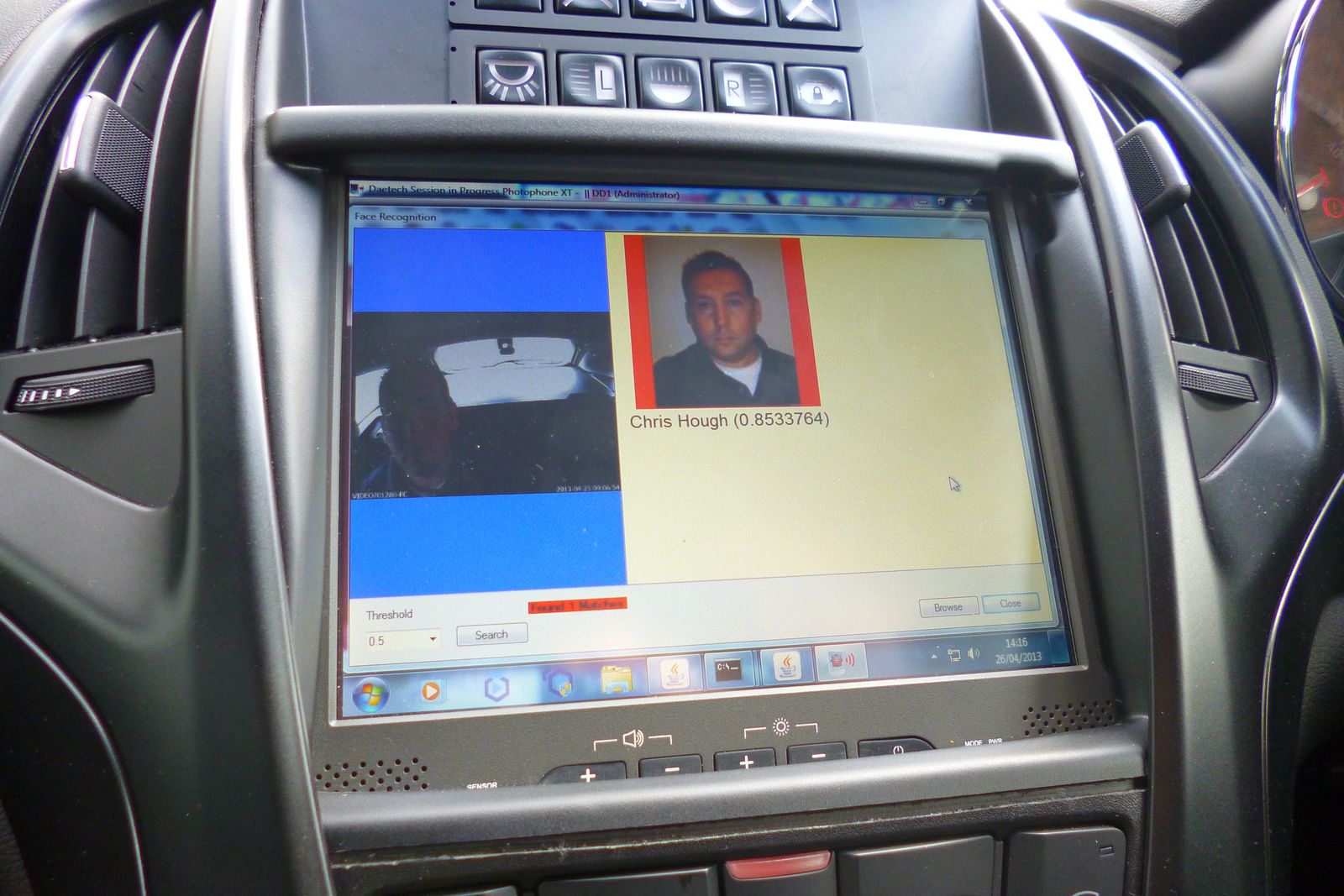Video forensics is a crucial field in modern investigations, providing insights into events captured on camera. With the proliferation of digital media, the ability to analyze and authenticate video evidence is more important than ever. Fortunately, there are numerous educational tools available to help forensic professionals enhance their skills and stay updated with the latest techniques. In this guide, we’ll explore a step-by-step approach to leveraging these educational resources effectively.
Assess Your Current Skill Level
Before diving into educational tools, it’s essential to assess your current proficiency in video forensics. Identify your strengths and weaknesses, and determine which areas you need to improve upon. This self-assessment will guide your learning journey and help you focus on the most relevant topics.
Research Available Educational Resources
Next, research the various educational resources available for video forensics. Look for online courses, workshops, tutorials, and open-source software tailored to forensic analysis. Platforms like Coursera, Udemy, and LinkedIn Learning offer a wide range of courses, while virtual workshops provide interactive learning experiences.
Choose the Right Educational Tools
Select Educational Tools for Video Forensics that align with your learning goals and preferences. Consider factors such as course content, instructor expertise, and user reviews. Look for resources that cover topics such as video enhancement, authentication techniques, and forensic analysis software.
Enroll in Online Courses or Workshops
Once you’ve identified suitable educational tools, enroll in online courses or workshops that suit your schedule. Choose courses with structured modules and interactive assignments to maximize your learning experience. Participate actively in discussions and seek clarification from instructors whenever necessary.
Practice with Open-Source Software
Complement your theoretical knowledge with hands-on practice using open-source software and tools. Platforms like Amped FIVE, FFmpeg, and OpenCV offer valuable resources for video analysis and enhancement. Experiment with different techniques and workflows to develop your skills further.
Stay Updated with Industry Developments
The field of video forensics is constantly evolving, with new technologies and methodologies emerging regularly. Stay updated with industry developments by following relevant blogs, forums, and social media channels. Engage with fellow professionals to exchange knowledge and insights.
Continuously Evaluate and Improve
Finally, continuously evaluate your progress and identify areas for improvement. Seek feedback from peers and mentors, and be open to learning from your mistakes. As you gain experience, consider pursuing advanced courses or certifications to further enhance your expertise in video forensics.
Conclusion
By following this step-by-step guide, forensic professionals can leverage educational tools effectively to enhance their skills in video forensics. Through self-assessment, research, and active participation in courses and workshops, individuals can stay updated with the latest techniques and methodologies. By continuously evaluating and improving their proficiency, forensic experts can contribute to the integrity of investigations and ensure that justice is served.

